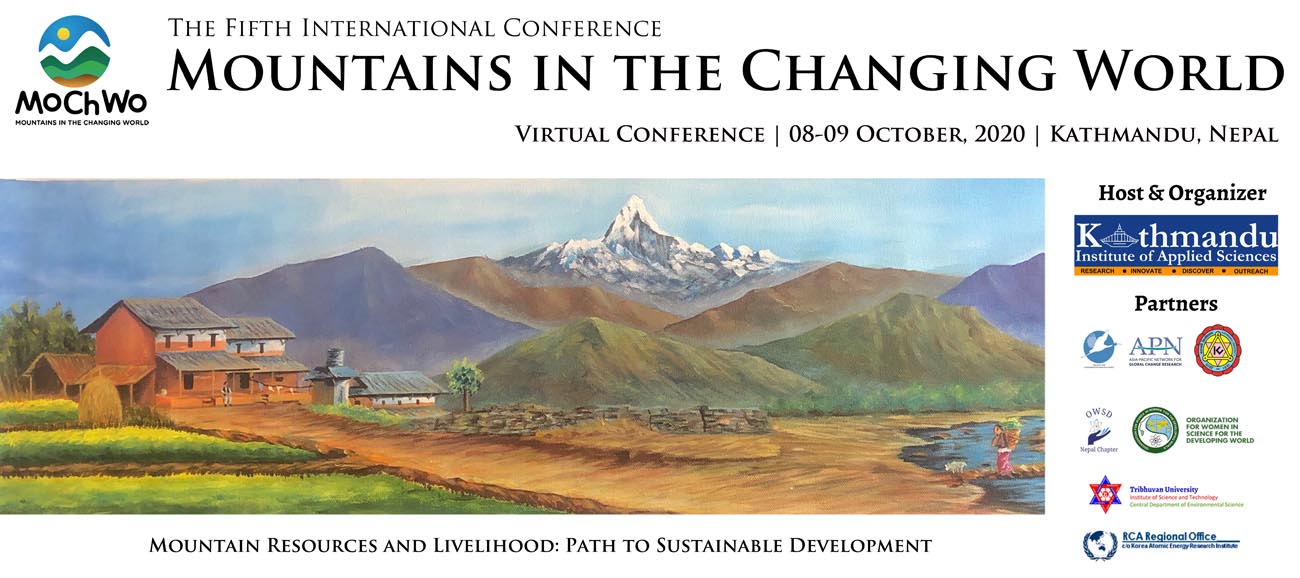News & Activities
Call for expression of interest

CALL for
EXPRESSION of INTEREST
Project: Salt iodine content estimation in Nepal
A cross-sectional, nation-wide, citizen science project

Iodine is an essential micronutrient for thyroid hormone synthesis. Excess or deficiency of iodine can lead to thyroid disorder. Deficiency of iodine, known as iodine deficiency disorders, has multiple adverse effects on the growth and mental development, intellectual capacity. These are the most preventable cause of brain damage.
In case the food/water we take daily is not providing necessary iodine, the iodine has to be supplied. Salt iodization is a highly cost-effective and common approach to provide necessary iodine. Universal salt iodization programs in many countries including Nepal have been used to provide iodized table salt. According to WHO, the salt iodine content at the packaging level must be 50-60 ppm and 20-30 ppm at the retail shops, to achieve at least 15 ppm in the household dietary consumption.
Because the excessive iodine causes hyperthyroidism and thyrotoxicosis, it is important to keep a fine balance when iodizing salt.
Therefore, it is important to estimate the amount of iodine in the salt we consume.
What?
This study aims to estimate the amount of iodine in salt samples collected across Nepal.
We want to answer following questions:
1. How much iodine is present in salt samples at household and market level?
This will tell us if the salt is iodized with appropriate amount of iodine and salt we are in-taking the required amount.
2. Does the temperature (season/location-mountains and low land), storage conditions, and humidity contribute to the loss of iodine?
This will tell us whether the consumers (depending on their education and economic condition) are aware of proper storage condition even if correct amount of iodine is supplied in salt.
How?
The salt iodine content is estimated by iodometric titration. This titration is a simple procedure and does not require any instruments except some glassware and a weighing balance.
Rather than involving a single lab and few people, we want to take a different approach. We want to involve as many labs and people across the country as possible. We will also involve school students for salt sample collection. Therefore, you can play a part in it.
Do you want to participate?
Answer following questions:
- Are you interested and want to be a part of a nationwide research and have at least a bachelor’s degree in science?
- Do you have access to lab space/facility to carry out iodometric titration? For example: at least a higher secondary school (+2) chemistry lab.
- Can you volunteer at least three days per month for one year of equivalent time?
- Can you afford to buy chemicals, salt, and salt sampling containers by yourself?
If you answer positive to questions 1-3, you eligible for this project.
We will provide necessary training and guidance so that you are on the same boat with many other researchers in the project and maintain quality of our work. More information will be provided once you join us.
Benefits for you
- You will contribute to obtain information very important to our health. This research may help government and other related agencies to have better policies.
- You will gain research experience and make network with other researchers.
- You may present your data to seminars/conferences.
- Based on your contribution, you can be co-author of a high quality peer-review paper from nation-wide data of this project.
If interested contact us by April 20 with your one-page resume. Only selected individuals will be contacted for details.
Contact:
Dr. Basant Giri (Principal Investigator, bgiri@kias.org.np)
Dr. Bhanu Bhakta neupane (Co-principal Investigator, bneupane@kias.org.np)
Center for analytical sciences
Kathmandu Institute of Applied Sciences, Kathmandu, Nepal


